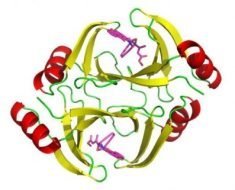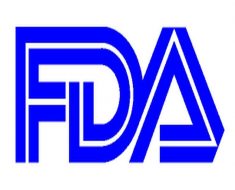
Nearly one in two swingers uses recreational drugs to intensify the experience, with women more likely to do so than either straight or bisexual men, suggest the results of a Dutch survey, published online in the journal Sexually Transmitted Infections.
But the practice is associated with a significantly heightened risk of unprotected sex, the responses show.
Swingers are couples who have sex with others and singles who have sex with them. Although they identify as straight, they also engage in same sex behaviour. The available evidence suggests that drug use among swingers is relatively common, but little is known about their beliefs and intentions around this activity.
To explore this further, the researchers analysed the responses of swingers who completed an online survey on the perceived pros and cons of recreational drug use, and its possible consequences.
The survey, which was advertised through Dutch swinger websites during May and August 2018, was completed by 1005 swingers (response rate 68%).
Over half of respondents (58%) said they engaged in swinging at least monthly; for around a third (30%) the frequency was once every 3 months. And for around one in 10 (12%) it was once or twice a year. The average age of the respondents was 47.
More than four out of 10 respondents (44%; 443) said they used drugs during sex. Among women, this proportion rose to 51% compared with 44% in bisexual men and 39% in straight men.
Among the general public, men are more likely to use drugs than women, prompting the researchers to suggest that women might use to enable them to take part in esoteric sex acts with multiple partners.
Half the respondents who said they used drugs during sex did so once a month. The most commonly used drugs were ecstasy/MDMA (92%), GHB also known as liquid ecstasy (76%), and laughing gas (69%).
More than two thirds (69%) said they had used four or more different drugs during sex in the preceding 6 months. Downing at least 3 units of alcohol during one session was reported by 42%.
For around two thirds of respondents, the reasons for using were to prolong sex (68%), increase arousal (66%), release inhibitions (64%), and intensify sensations (61%). Most described drug use as pleasurable (94%), acceptable (84%), or exciting (66%).
Unprotected sex was more common among those who were using drugs than it was among those who weren’t: 46% vs 34% for vaginal sex; 22% vs 13% for anal sex. Condoms were rarely used for oral sex, irrespective of drug use.
Three quarters of the drug users had been tested for a sexually transmitted infection compared with just over half (56%) of those who didn’t use during sex.
Half the respondents (47%) thought drug use during sex was “unhealthy,” yet very few thought it was either “unwise” (14%) or “dangerous” (15%).
Nevertheless, one in four said that using drugs during sex had an adverse effect on their health and around one in 15 (7%) thought they might become addicted or felt uncomfortable having sex without drugs. One in five said they felt depressed in the days following drug fuelled sex. But only 4% planned to stop using altogether.
This is an observational study, and as such, can’t establish cause, and the researchers had no information on the swingers who didn’t respond to the survey.
Source: Read Full Article





